
The Chairman of Parliament’s Select Committee on Works and Housing, Vincent Oppong Asamoah, has reignited the debate over a possible nationwide ban on plastics, citing the environmental threat they pose and their obstruction to ongoing flood mitigation projects in the capital.
Speaking during a working visit to the Odawna drainage site on Tuesday, the Chairman expressed concern over the volume of plastic waste clogging the drains – a major challenge stalling progress under the Greater Accra Resilient and Integrated Development (GARID) Project.
“Everywhere we turned, the drains were choked with plastic waste,” he said, adding “This is not just about drainage; it is a national crisis and we must look at bold solutions like banning single-use plastics.”
The GARID Project, a $200 million initiative launched in 2020 with World Bank support, aims to address Accra’s perennial flooding, notably in flood-prone areas, along the Odaw River basin.
During the inspection, Mr. Asamoah called for the initiative to remain non-partisan, stressing, “This is a national project. Let’s keep politics out.”
The technical head of drainage at GARID, Richard Kofi Amekor, explained that while indiscriminate waste disposal remains a critical issue, effective waste collection and public behavioural change must work in tandem to prevent recurring pollution.
“The fisher folk are complaining. Their catch is declining, and all they bring in now is plastic,” Amekor noted. “Wherever the drains meet the sea, it’s just a stream of city waste flowing out.”
Asked whether a government ban on plastics would be a solution, Richard Amekor said it could be part of a broader strategy.
“Single-use plastics are the biggest problem. Some of these materials can stay in the environment for hundreds of years.”
Highlighting broader infrastructure concerns, Amekor revealed that the Odaw River collects water from as far as the Aburi foothills, but the lack of detention capacity upstream leads to heavy flooding downstream.
“During the June 3, 2015 disaster, 137 millimeters of rain fell in six hours. Ordinarily, that shouldn’t have caused flooding, but because we didn’t have upstream detention ponds, everything flowed downstream. We have now secured two sites for detention ponds and are ready to start construction.”
Despite the project’s urgency, committee members questioned delays. “This was supposed to be an emergency project. It started in 2019 and became effective in 2020. Why are we still waiting?” asked Ranking Member Martin Agyei Mensah Korsah, a former Minister for Local Government.
GARID officials attributed the delay to challenges in land acquisition and design finalization, both of which have now been resolved.
The inspection also shed light on the ongoing destruction of natural flood barriers. “Wetlands and floodplains are being filled up due to bad behaviour.
“We have identified over 5,000 structures built within 50 meters of the Odaw. This isn’t just low-income communities—it includes high-income areas too,” Amekor said.
With rains looming, the committee urged swift action on detention ponds and stricter enforcement on encroachment.
However, for Chairman Asamoah, the long-term solution must include a serious national conversation about plastic use.
“If we don’t act now, the problem will only worsen. The evidence is right before our eyes.”
The post MPs reiterate calls to ban plastic materials in Ghana appeared first on The Ghanaian Chronicle.
Read Full Story
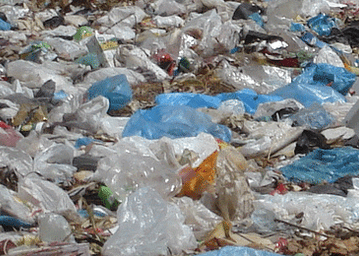
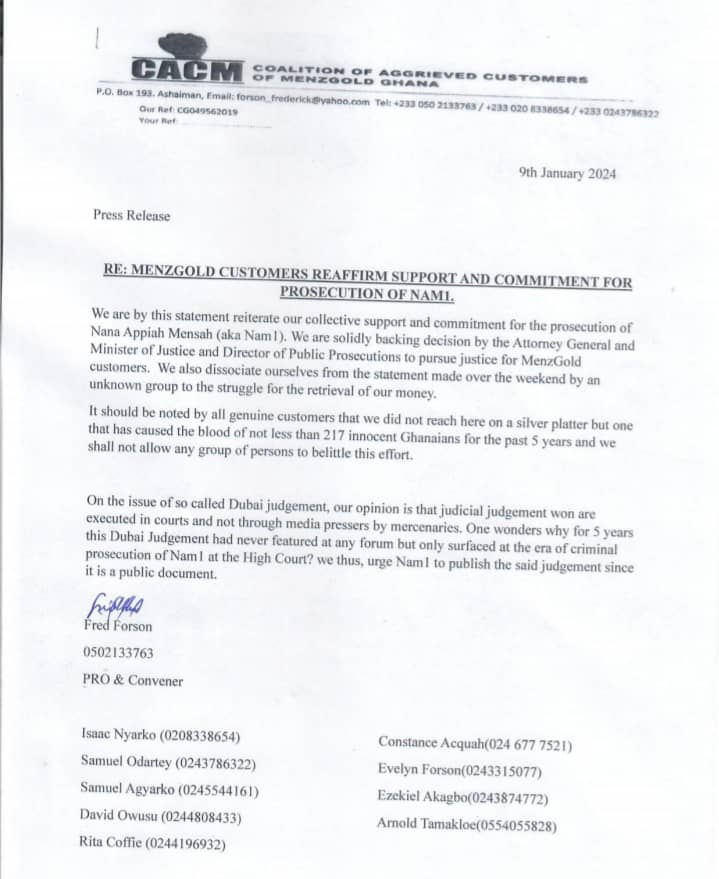
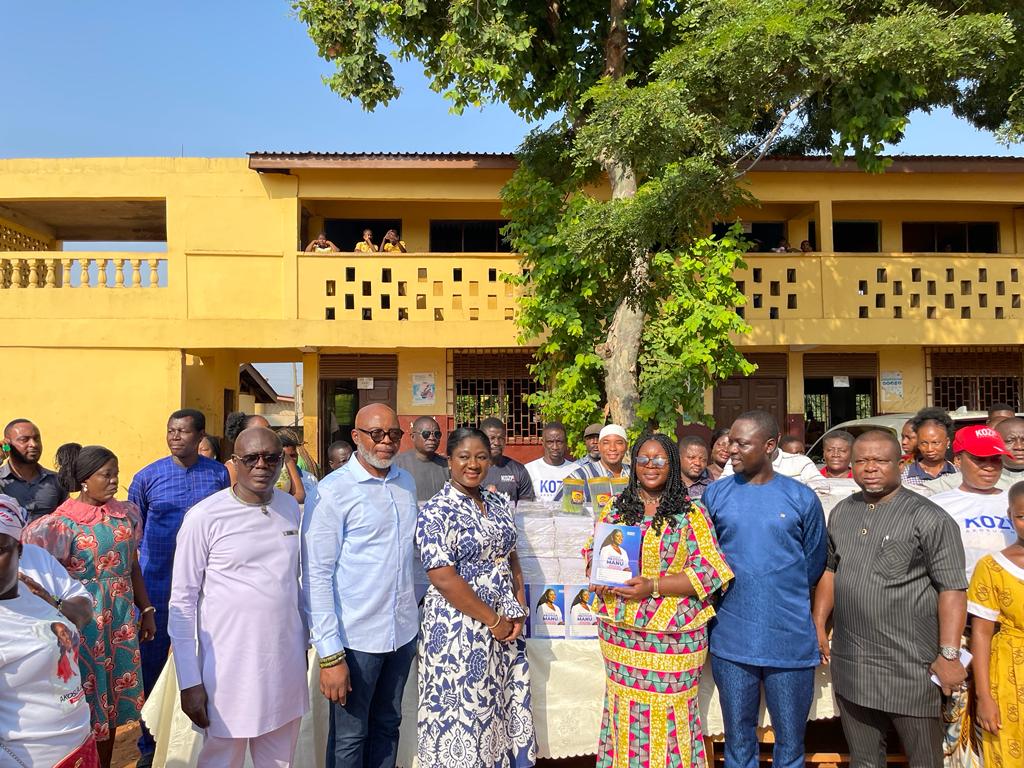
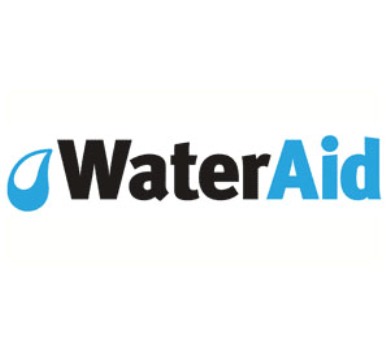
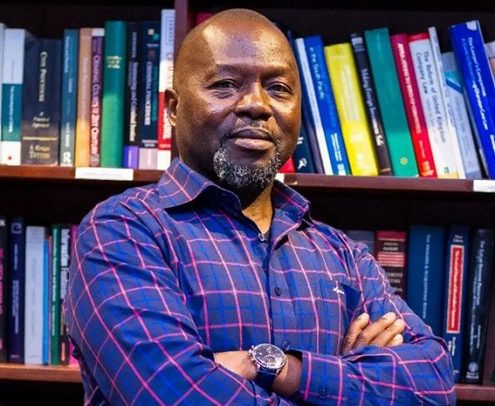










Facebook
Twitter
Pinterest
Instagram
Google+
YouTube
LinkedIn
RSS